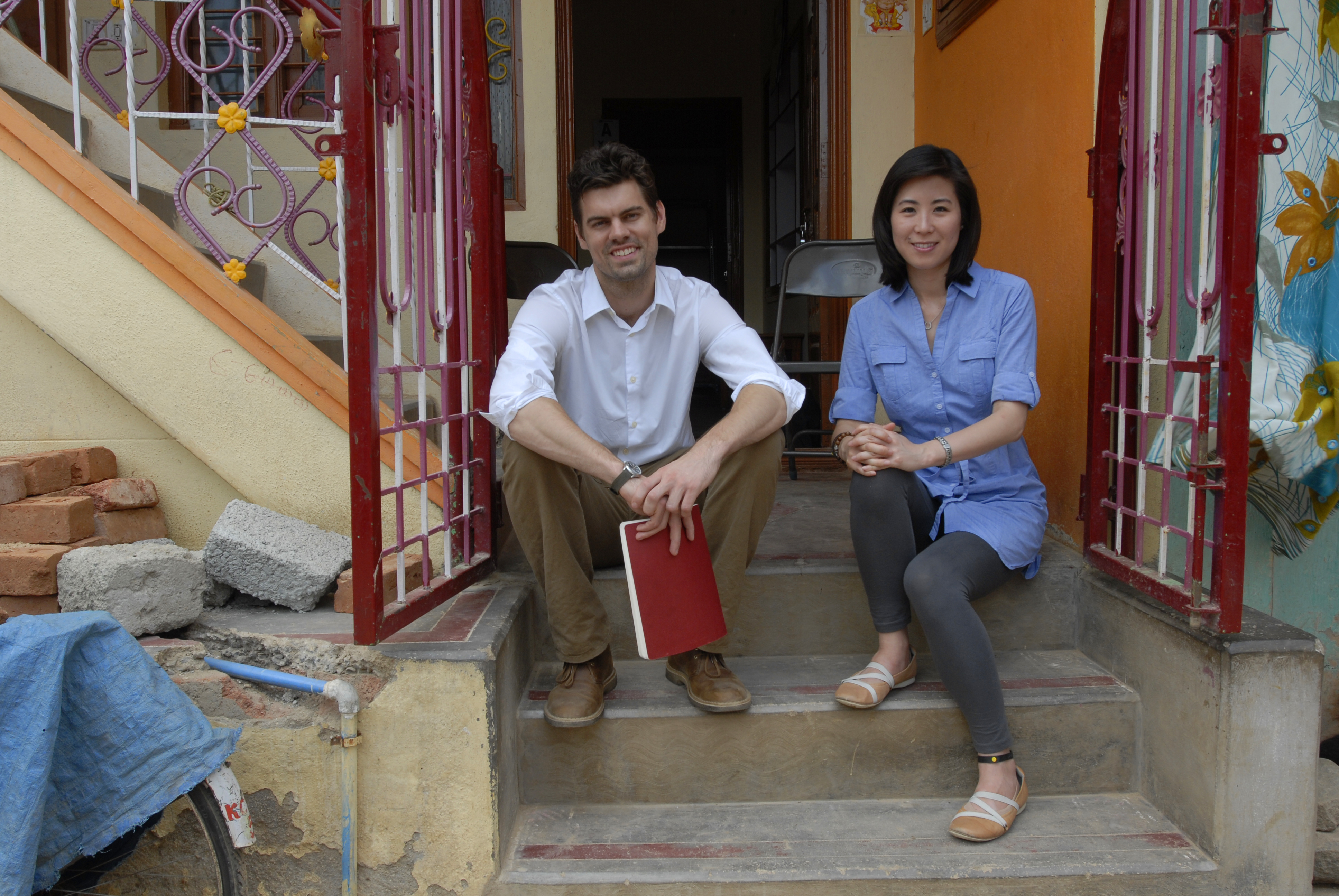Alumni Spotlight: Matthew Edmundson

|
|
Addressing Iron Deficiency in India
"Two years ago, I didn't really know anything about nutrition, and certainly not iron deficiency," admits Matt Edmundson (A’05, EPIIC’04, Exposure’05, NIMEP’05). "I was shocked to learn that the WHO considers it a public health condition of epidemic proportions, one that especially harms pregnant women and their children."
Edmundson and Jennifer Tsai, his business partner, met in 2010 at New York University's Stern School of Business, where they worked together to create a for-profit business model to help advance a social goal as part of a class. Through the class, they connected with doctors and nutritionists from St. John's Research Institute in Bangalore, India and have spent the past year and a half in New York and Bangalore working to develop a better iron supplement for pregnant women.
Edmundson said they decided to focus on an iron supplement after their first trip to India, “We traveled from hospitals to clinics in urban and rural areas, asking ‘if you could snap your fingers and change one thing, what would it be?’ Over and over again, we were told anemia.”
Worldwide, doctors recommend that all pregnant women, especially those who are iron deficient, take daily iron pills the last two trimesters of their pregnancy. Unfortunately, in many developing countries the average woman’s adherence – the amount of time she actually takes the pill – is unacceptably low. In India, 65 percent of pregnant women who have access to iron pills do not take them for the recommended amount of time. As a result, the cycle of anemia, poor health, and reduced productivity remains unbroken.
Working with doctors, researchers, and pregnant women in Bangalore, Edmundson and Tsai have started Nutraceutical Market Solutions and developed prototypes of a more culturally acceptable iron-fortified food that they believe will increase adherence and lead to better health outcomes.
This past year, they submitted their business plan to several competitions and won both the Wake Forest Elevator Competition for Social Ventures and the Stern School’s competition. The prize money will allow them to begin clinical trials this fall in India, with plans to sell the products directly to pregnant women in India in addition to UN agencies, NGOs, and governments that give or subsidize such products to low income, anemia-prone populations.
Edmundson worked with IGL alumnus Sasha Chanoff and his organization RefugePoint after graduating from Tufts. RefugePoint (originally Mapendo International) works to protect the most vulnerable refugees in Africa. It was through this work that he decided to pursue an MBA. He said, “I saw how well-intentioned development efforts were stymied by a myriad of unintended consequences and funding challenges. My goal in business school was to get a private sector perspective on these issues, and see what cross-sector insights were applicable.”

